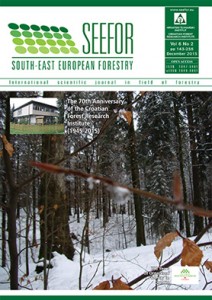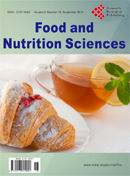 Totalitarianism and Democracy has removed a paper claiming that German Shepherds belonging to guards at the Berlin Wall descended from dogs used at concentration camps, after learning that the paper was a work of satire, The Guardian reports.
Totalitarianism and Democracy has removed a paper claiming that German Shepherds belonging to guards at the Berlin Wall descended from dogs used at concentration camps, after learning that the paper was a work of satire, The Guardian reports.
The paper, and its author, are the creation of the anonymous group “Christiane Schulte and friends.”
This isn’t the first hoax we’ve seen in publishing: Don’t forget journalist John Bohannon, who submitted hundreds of fake papers to open access journals, and more recently conjured up a study that showed chocolate helps you lose weight. (And, of course, a paper in a Romanian magazine that listed porn star Ron Jeremy and Michael Jackson among its references.) Like many other hoaxers, the group say in a statement their purpose was to shine light on problems in academic publishing.
The latest victim: a Dresden-based journal, The Guardian explains:
Continue reading Death camp dog satire retracted when German journal wasn’t in on joke








